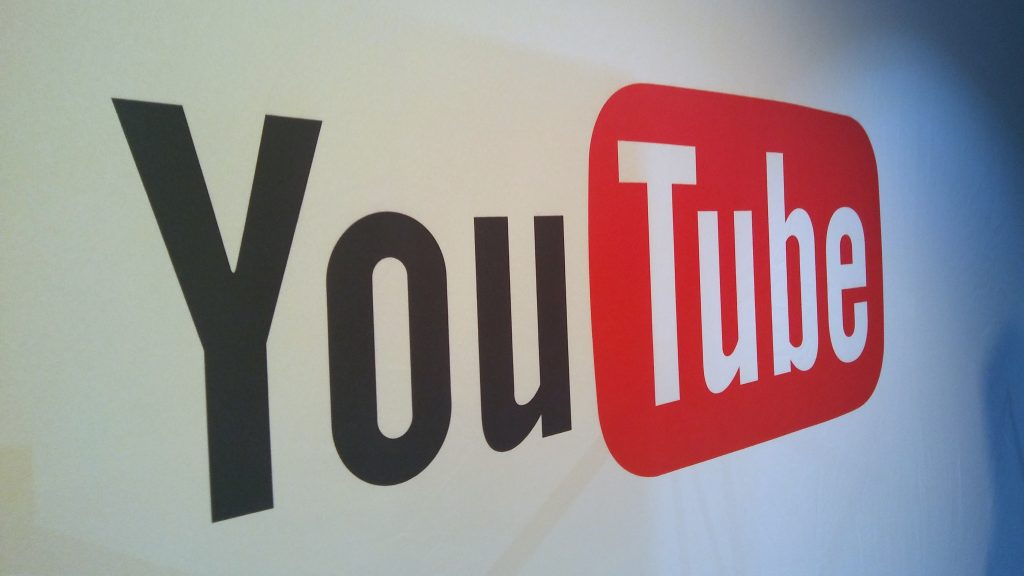The COVID-19 pandemic has proved to be fertile ground for conspiracy theories. We’ve seen folks burning down 5G masts because they thought 5G spread COVID-19 and that Bill Gates was trying to implant microchips inside of us all.
The common thread among those drastically different conspiracy theories is that they have all been tied to QAnon in some way and 2020 has seen QAnon theories reaching critical mass.
At the weekend two social networks announced bans the relate to QAnon content.
YouTube announced an expansion of its hate and harassment policies which includes QAnon content.
“Today we’re further expanding both our hate and harassment policies to prohibit content that targets an individual or group with conspiracy theories that have been used to justify real-world violence. One example would be content that threatens or harrasses someone by suggesting they are complicit in one of these harmful conspiracies, such as QAnon or Pizzagate. As always, context matters, so news coverage on these issues or content discussing them without targeting individuals or protected groups may stay up. We will begin enforcing this updated policy today, and will ramp up in the weeks to come,” YouTube wrote in an update at the weekend.
The video platform added that it had removed tens of thousands of QAnon videos and terminated hundreds of channels.
Much like Facebook, YouTube is cognisant of the fact that QAnon will attempt to circumvent the ban.
As for TikTok, it too has decided enough is enough as regards QAnon.
“Content and accounts that promote QAnon violate our disinformation policy and we remove them from our platform,” a TikTok spokesperson told NPR.
“We’ve also taken significant steps to make this content harder to find across search and hashtags by redirecting associated terms to our Community Guidelines,” the spokesperson added.
TikTok had previously blocked hashtags associated with QAnon to prevent content from being spread. Given any hashtag could be hijacked to share anything by anybody we suspect that didn’t work well for long.
Earlier this month Facebook announced that content related to QAnon would not be permitted on Facebook or Instagram. Twitter announced a similar ban in July.
Given how many platforms have no banned the frankly dangerous conspiracy theory one has to wonder whether QAnon will survive for much longer. The obvious answer is that it will because much like life, conspiracy theories find a way.

